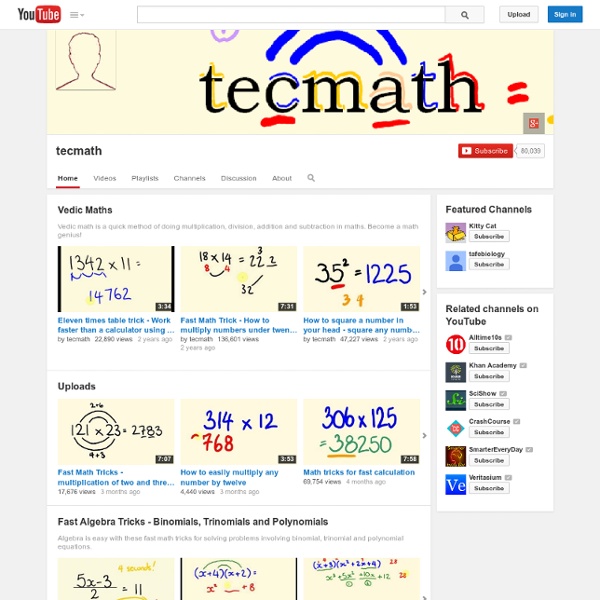



Quantum computing moves forward New technologies that exploit quantum behavior for computing and other applications are closer than ever to being realized due to recent advances, according to a review article published this week in the journal Science . These advances could enable the creation of immensely powerful computers as well as other applications, such as highly sensitive detectors capable of probing biological systems. "We are really excited about the possibilities of new semiconductor materials and new experimental systems that have become available in the last decade," said Jason Petta, one of the authors of the report and an associate professor of physics at Princeton University. Petta co-authored the article with David Awschalom of the University of Chicago, Lee Basset of the University of California-Santa Barbara, Andrew Dzurak of the University of New South Wales and Evelyn Hu of Harvard University. Two significant breakthroughs are enabling this forward progress, Petta said in an interview.
Yahoo Canada We, Yahoo, are part of the Yahoo family of brands The sites and apps that we own and operate, including Yahoo and AOL, and our digital advertising service, Yahoo Advertising.Yahoo family of brands. When you use our sites and apps, we use Cookies Cookies (including similar technologies such as web storage) allow the operators of websites and apps to store and read information from your device. Learn more in our cookie policy.cookies to: provide our sites and apps to you authenticate users, apply security measures, and prevent spam and abuse, and measure your use of our sites and apps If you do not want us and our partners to use cookies and personal data for these additional purposes, click 'Reject all'. If you would like to customise your choices, click 'Manage privacy settings'. You can change your choices at any time by clicking on the 'Privacy & cookie settings' or 'Privacy dashboard' links on our sites and apps.
The Final 3 Card Trick Minecraft New qubit control bodes well for future of quantum computing (Phys.org)—Yale University scientists have found a way to observe quantum information while preserving its integrity, an achievement that offers researchers greater control in the volatile realm of quantum mechanics and greatly improves the prospects of quantum computing. Quantum computers would be exponentially faster than the most powerful computers of today. "Our experiment is a dress rehearsal for a type of process essential for quantum computing," said Michel Devoret, the Frederick William Beinecke Professor of Applied Physics & Physics at Yale and principal investigator of research published Jan. 11 in the journal Science. In quantum systems, microscopic units called qubits represent information. The Yale physicists successfully devised a new, non-destructive measurement system for observing, tracking and documenting all changes in a qubit's state, thus preserving the qubit's informational value. "As long as you know what error process has occurred, you can correct," Devoret said.
Minecraft Wiki - The ultimate resource for all things Minecraft Carver Mead's Spectator Interview From American Spectator, Sep/Oct2001, Vol. 34 Issue 7, p68 Carver Mead The Spectator Interview Once upon a time, Nobel Laureate leader of the last great generation of physicists, threw down the gauntlet to anyone rash enough to doubt the fundamental weirdness, the quark-boson-muon-strewn amusement park landscape of late 20th-century quantum physics. Carver Mead never has. As Gordon and Betty Moore Professor of Engineering and Applied Science at Caltech, Mead was Feynman's student, colleague and collaborator, as well as Silicon Valley's physicist in residence and leading intellectual. Perhaps more than any other man, Mead has spent his professional life working on intimate terms with matter at the atomic and subatomic levels. While pursuing these researches, Mead responded to a query from Intel-founder Gordon Moore about the possible size of microelectronic devices. Among whom was Albert Einstein.
NCAA Tournament 2014: Projecting Your Bracket With Stats to Beat the Experts - The Daily Gopher TDG loves you and wants you to be happy. That's why we created an interactive tool to help you win your bracket pool with advanced stats! There are many ways to fill out your bracket and there are anecdotal stories to support all of them. Below is an interactive little dashboard that gives you all 68 NCAA Tournament teams and some of their key efficiency data points. Below the table are definitions of the data points. What Do The Quadrants Mean? Upper Right quadrant - Good Offense, Good Defense (teams scoring over 1.1 point per possession and allowing opponents to under 1.0 point per possession). What Do The Stats Mean? Efficiency stats in basketball do their best to break everything down, both offense and defense, into possessions. Def PPP - Defensive Points per Possession - The average points allowed per possession. How I Would Use This Visualization... The chart above is utilizing Points per Possession to plot teams. Good luck!
The EASIEST Card Trick Ever - You Can't Screw Up! New Experiments to Pit Quantum Mechanics Against General Relativity It starts like a textbook physics experiment, with a ball attached to a spring. If a photon strikes the ball, the impact sets it oscillating very gently. But there’s a catch. Before reaching the ball, the photon encounters a half-silvered mirror, which reflects half of the light that strikes it and allows the other half to pass through. What happens next depends on which of two extremely well-tested but conflicting theories is correct: quantum mechanics or Einstein’s theory of general relativity; these describe the small- and large-scale properties of the universe, respectively. In a strange quantum mechanical effect called “superposition,” the photon simultaneously passes through and reflects backward off the mirror; it then both strikes and doesn’t strike the ball. But according to general relativity, gravity warps space and time around the ball. Knowing what happens to the ball could help physicists resolve the conflict between quantum mechanics and general relativity. Quantum Nature